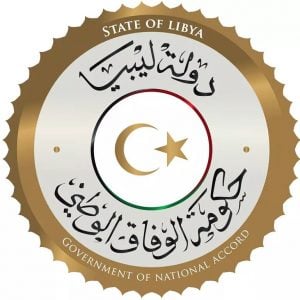By Sami Zaptia.

London, 18 May 2020:
Faiez Serraj, the internationally recognized prime minister of Libya, held a telephone call on Saturday with NATO Secretary-General Jens Stoltenberg, the Tripoli government reported. The discussion comes on the back of Stoltenberg declaring in media comments last week that NATO was supporting the government in Tripoli.
They discussed the latest military and security developments, the seriousness of the security situation in Libya due to the aggression on Tripoli and its environs. They also discussed the impact on the stability of the entire region, the potential for stimulating terrorism hotbeds, and the possible chaos and the proliferation of weapons because of the fighting (and security vacuum) in Libya.
For his part the Secretary-General stressed that the NATO considers the internationally recognized Libyan government in Tripoli to be the legitimate government and does not deal with others and considered that targeting civilians and infrastructure (by Khalifa Hafter’s forces) is unacceptable. He added that there is no military solution to the Libyan crisis, stressing the need to abide by the outputs of the January 2020 Berlin conference on Libya.
The Tripoli government report also said that Stoltenberg expressed NATO’s concern about the presence of Russian mercenaries from the Wagner Russian security company (considered by the US as an arm of the Russian state) fighting with Hafter, and stressed the need to apply the UN Libya arms ban on the arrival of arms by land and air and not merely by sea.
Serraj further stressed his firm position towards the aggression by Hafter and his determination to defeat it by all possible means. He hoped that cooperation with the NATO will contribute to stability and security in Libya.
The report also said that two sides agreed on coordination and cooperation between NATO agencies and military and security institutions in Libya as discussed in previous meetings, in order to contribute to supporting and building military and security capabilities, training Libyan cadres and increasing their capabilities, as well as the activation of joint committees between the two sides.
Analysts see the declarations by Stoltenberg as a possible policy shift by western powers and NATO – probably excluding Hafter’s ally France – in the face of Hafter’s year-long failure to take Tripoli and his indiscriminate, and to them, embarrassing shelling of civilians and civilian sites.
https://www.libyaherald.com/2020/01/20/the-berlin-conference-on-libya-conference-conclusions/
https://www.libyaherald.com/2020/04/01/eu-launches-operation-irini-to-enforce-libya-arms-embargo-ends-operation-sophia/







